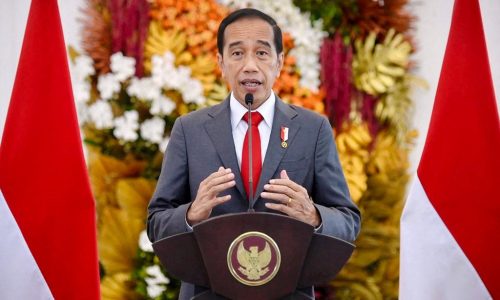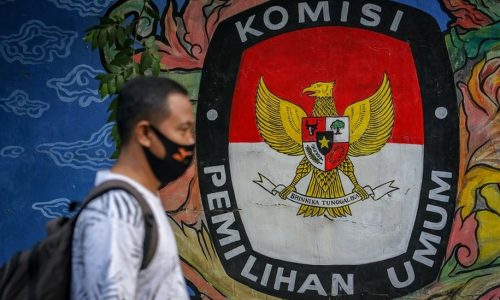Iwan Satriawan, a Constitutional Law Professor at the Muhammadiyah University Yogyakarta, has raised concerns about the Constitutional Court’s effectiveness in performing its check and balance duties, stating that the current system has been compromised.
To address this issue, he suggests a reform in the apointment of Constitutional Court justices.
Professor Iwan’s proposal aligns with the ongoing revision of the Constitutional Court Law in the House of Representatives (DPR). He hopes that substantive changes will be made to enhance the quality of constitutional enforcement.
Currently, Indonesia follows a judge appointment system similar to that of South Korea. Nine Constitutional Court Judges are appointed collectively by three institutions: the DPR, the President, and the Supreme Court.
Iwan argues that the Korean model works well due to its robust political traditions, including a strong opposition that remains unswayed by transactional politics.
In contrast, he emphasizes the need for a significant change in Indonesia’s system to ensure transparency and accountability in the selection process.
In South Korea, a confirmation hearing process takes place in parliament, allowing the public to learn about the nominated Constitutional Court judges, their qualifications, and the reasons behind their appointments.
Iwan criticizes the lack of a similar process in Indonesia, where the public is often unaware of the individuals chosen to serve as Constitutional Court judges until after their appointments.
He emphasizes the necessity of adopting an open and transparent confirmation hearing process to inform the public and promote accountability.
The professor underscores the importance of three pillars in a democratic state for effective checks and balances: a balanced parliament with a substantial opposition, a judiciary that operates independently, and an active civil society.
He expresses concern about the absence of a strong opposition tradition in Indonesia and highlights instances of potential transactional politics, such as party alliances shifting after elections.
Iwan stresses the need for a well-functioning Constitutional Court, especially when the executive and legislative branches are united and lack a robust opposition.
He urges the Constitutional Court to fulfill its role effectively to avoid a situation where the public needs to directly voice their concerns.
The Constitutional Court Law revision was initially scheduled for approval in December 2023 but was postponed by the government to prevent conflicts of interest ahead of the 2024 elections.
The revision is expected to be revisited during the upcoming parliamentary sessions, beginning in March 2024.









